Real time monitoring of sea contaminants by an autonomous lab-on-a-chip biosensor This course is designed to familiarise with the SEA-on-a-CHIP device, a remote, miniaturized, autonomous and flexible immuno-sensor platform for real-time analysis of marine waters in estuarine and coastal areas, in multi-stressor conditions.
Chemical contamination of estuarine and coastal areas is a highly complex issue with negative implications for the environment and human health (through the food chain) and related coastal industries such as fisheries. The main goal of the EU-funded project SEA-on-a-CHIP was to develop a compact, miniaturized and autonomous on-site analytical system for real-time monitoring of harmful contaminants in seawater, developed to be used as an early-warning system in aquaculture facilities.
The device provides an extremely sensitive and selective detection of the target compounds through an indirect competitive immunoassay combined with electrochemical detection. A floating outer casing hide the Lab-on-a-Chip system integrated into a highly engineering sampling and microfluidic unit, together with communication module which manage the whole analytical procedure and data transmission. The power supply and liquid reservoirs allow the device working autonomously for one month making two daily seawater sampling and simultaneous analysis of a set of 7 representative contaminants and one control. The units have been tested throughout the lifetime of the project and calibrated to state-of-the-art of chemical analytics.
The aim of this online course is to provide a general overview of monitoring sea contaminants, and to showcase the SEA-on-a-CHIP device, its characteristics, its potential, and the challenges for its application in aquaculture farms. The target of the course are students and researchers, and aquaculture farmers and associations. Also policy makers and environmental protection agencies may find useful and interesting information about the most recent developments in the field of early-warning systems for real-time analysis of marine waters - in estuarine and coastal areas - in multi-stressor conditions.
| Professor | Chapters | Titles of the lessons | Materials | |||
|
Dr. Marinella Farré
 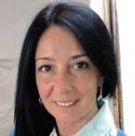 Dr. Marinella Farré
She has a Ph.D. in Chemistry from University of Barcelona (Dec.2003), and she is Research scientist, permanent staff at IDÆA-CSIC from Jul. 2008. She has 140 scientific papers in journals of SCI (H-index of 30), 20 book chapters and she is co-Editor of a book. She has supervised 3 PhD Thesis and currently is the supervisor of 4 on-going PhD Thesis. She is involved in development of biosensors based on new nano-technological materials, and development, application of new techniques of screening for the analysis of micro organic pollutants in environmental matrices with chemical analysis. She was involved in different EU projects. |
1
|
The SEA-on-a-CHIP project
 The SEA-on-a-CHIP project
The presentation briefly introduces coastal ecosystem services and gives an overview of the EU-funded SEA-on-a-CHIP project. |
||||
|
Assoc. Prof. Martin Hedström
 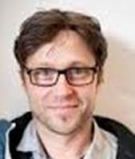 Assoc. Prof. Martin Hedström
Martin Hedström is COO of CapSenze, and holds an associate professorship at Lund University. He obtained his PhD in biotechnology in year 2006, specializing in bioanalytical chemistry and biosensor technologies. He is founding partner in CapSenze, building the company around his main research topic regarding the flow-based bioanalytical technologies. He is still active at Lund University as head of the bioanalysis group at the Department of Biotechnology, where he supervises PhD students. |
2
|
SEA-on-a-CHIP device
 SEA-on-a-CHIP device
The presentation describes the overview of the SEA-on-a-CHIP device with emphasis on the integration of the different subunits, external- and internal housing and the general device functions related to e.g. floatability, main (high level) workflow of the assay and maintenance. Some detailed descriptions regarding liquid handling are power supply are involved. |
||||
|
Dr. Juan Pablo Salvador
 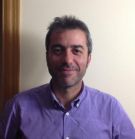 Dr. Juan Pablo Salvador
I am a contracted researcher from CIBER-BBN, adscript to the Nb4D group headed by Prof. M.-Pilar Marco at IQAC-CSIC. My expertise is immunochemistry that involves several disciplines such as organic and analytical chemistry, surface chemistry and knowledge in some optical and electrochemical properties. I have published more than 20 publications in a peer review journals and co-author in 2 patents, one of them developed in the context of SEA-on-a-CHIP project. I am responsible for different national and European projects. |
3
|
Immunoassay
 Immunoassay
This presentation summarises the main achievements occurred during the SEA-on-a-CHIP project from the immunoassay development point of view. Basically, the immunoassay module consisted in providing the immunoreagents that would allow the specific recognition of the targeted pollutants in the SEA-on-a-CHIP device. The biomolecules responsible for the specific recognition of the targeted pollutants are the antibodies which will be detected by the immunosensor (detection module). |
||||
|
Dr. Josep Riera
 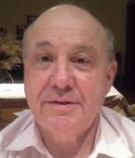 Dr. Josep Riera
CEO of the enterprise Organización, Calidad y Proyectos, S.L. which sells consultancy as main activity. We are devoted to serve what the client needs to implement projects about organization of his premises and those projects include implementing new software either standard packages or customized ones. The enterprise has developed several product lines of standard software ranging from web shops to on-line databases to store data generate by devices of several types. |
4
|
Remote control and user software
 Remote control and user software
This presentation focuses on the remote-control software, which is a set of several elements that allow to pick up data from a widen network of biosensors and put them into a database through the internet connection. It’s especially important in this case because the biosensor is off shore, in the sea and the only knowledge about his performance is data which send to this database. This software has been designed to fulfil the requirements of the project but it can be connected to other kind of sensors. |
||||
|
Prof. James Readman
 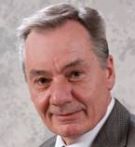 Prof. James Readman
Professor Readman leads fundamental research into the composition/cycling of organic material and the behaviour and impact of pollutants in estuarine and coastal environments. He has gained professional experience in academic, Governmental, industrial contract research and United Nations laboratories, including seven years employment by the UN as Head of the Organic Chemistry Unit at the IAEA-MEL based in Monaco. He has published over 120 peer-reviewed papers which generate an h-index of 44. |
5
|
Verification and validation
 Verification and validation
This presentation focuses on the verification and validations processes of the SEA-on-a-CHIP device. It briefly explains how laboratory studies, mesocosm studies and field studies were carried out for this purpose. |
||||
|
Dr. Gabriele Sacchettini
 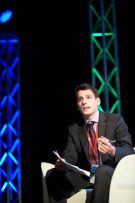 Dr. Gabriele Sacchettini
Gabriele Sacchettini is a permanent researcher at Aeiforia, spin-off of the the Università Cattolica del Sacro Cuore. Within the activities which he is involved in, are included initiatives and research projects at national and European level especially regarding the sustainable use of plant protection products in agriculture, the sustainable management of water resources and training and communication activities to promote sustainability in the agro-food sector. |
ANNEX 1
|
Monitoring for a sustainable management of marine resources
 Monitoring for a sustainable management of marine resources
To contribute in achieving a sustainable use of marine resources, a series of workshops were organized in the frame of the EU project SEA-on-a-CHIP with the main purpose of developing a scientific platform to stimulate the exchange of the most recent information in the various fields of marine science promoting constructive interactions between them and among the main stakeholders involved. Here the main outcomes are described. |
||||
|
Dott.Alice Tediosi
 Dott.Alice Tediosi
Dr. Alice Tediosi holds a Ph.D.in Technological Innovation for Agricultural, Nutritional and Environmental Sciences. She has experience in pesticide fate modelling, and in water balance modelling to assess crop water requirements for irrigation purposes. She worked in the field of environment and territory. She works in Aeiforia srl, spinoff company of the Università Cattolica del Sacro Cuore in Italy. |
ANNEX 2
|
The e-learning course approach
 The e-learning course approach
Based on the outcomes of different EU projects, this course was developed through OpenTEA to improve the professional skills and competences of those working and being trained to work in the seafood industry. The course, is moderated and includes several kinds of materials organised in a coherent manner, self-assessment approaches and the possibility to obtain a certification of attendance. Here the scientific framework is described. |
You need to be registred to see matierals.
Please Click here to register or to login Document 
|
|||
| Need help? Register or login to access course material | ||||||
To obtain a certification of attendance you have to complete all modules included in the course (excluding annexes) watching all materials and answering correctly to the relative quiz included. For more information contact the tutor of the course (Dr. Alice Tediosi).





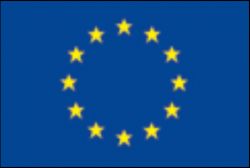

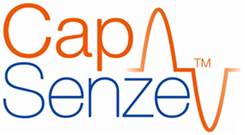
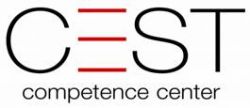
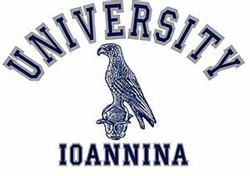

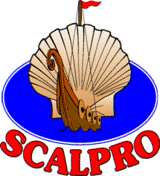
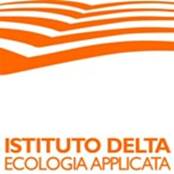
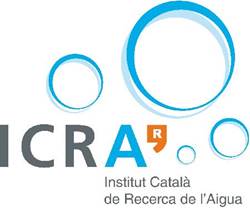

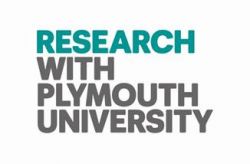


 Apogee Information Systems
Apogee Information Systems